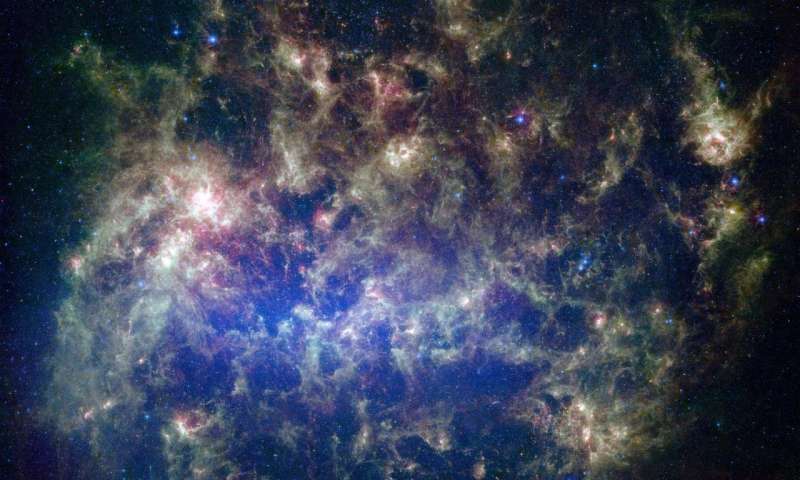Our Solar System could be sent Flying into Space by a Catastrophic Galactic Collision

The astrophysicists at Durham University, UK, led a new research which predicts that the Milky Way might be hit by the Large Magellanic Cloud (LMC) in two billion years time. With that being said, this is the earliest predicted impact that could happen aside from the one between our solar system and another neighboring galaxy, Andromeda, which is meant to happen in four times that amount of years.
Due to what happens behind this kind of impact, a dormant black hole from our galaxy might, and that is not good news as it will start devouring what surrounds it.
Even though our life on Earth will not be affected by these “fights” between bodies in the universe, our Solar System might have its place transferred to other areas in space.
Today, 4th of January, the findings were published in the journal Monthly Notices of the Royal Astronomical Society.
A group of smaller satellite galaxies surrounds each galaxy, including the Milky Way, and for a period of time, nothing happens to them until they begin sinking to the center, and from there they collide and get devoured by the biggest galaxy.
Milky Way’s brightest satellite galaxy is the Large Magellanic Cloud, and it made its debut 1.5 billion years ago staying at a distance of about 163,000 light years from the Milky Way.
Astronomers used to think that it would either escape from the gravitational pull of our galaxy because it moves so fast or it would orbit the Milky Way for many billions of years.
The fact is that, according to recent measurements, the dark matter that the Large Magellanic Cloud has is twice as much as predicted which means that it might collide with our galaxy in the near future.
0 comments